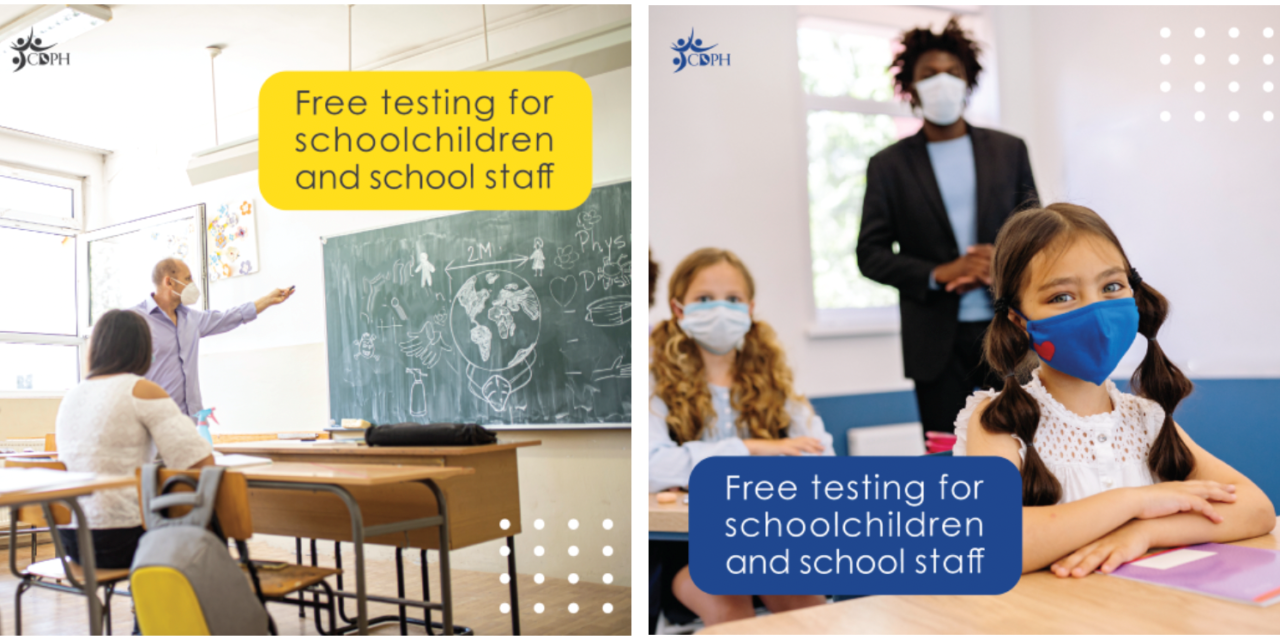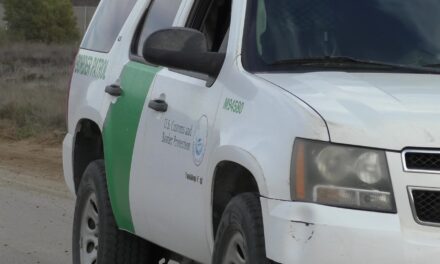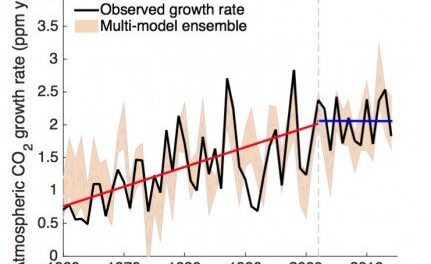
Sacramento, CA–In the past month, with roughly 7.2 million students and staff heading into and returning from spring break, the state has distributed more than 14.3 million COVID-19 at-home tests to schools for students and staff.
In partnership with local county offices of education, the state has allocated tests based on the total number of students and staff – in both public and private schools – in each county.
A critical part of Governor Newsom’s SMARTER Plan, the state has maintained the operational readiness and resource stockpiles to quickly distribute tests to help minimize the spread of COVID-19.
“California is focused on keeping schools open and students safe, and we’re not letting our guard down,” said Governor Newsom. “We know that COVID-19 is still present in our communities, but the SMARTER Plan is how we keep people safe and continue moving the state forward.”
In addition to these tests, the state has made personal protective equipment (PPE) available for any school that needs it – already having distributed over 40.6 million KN95s, N95s, and surgical masks to schools since the return from winter break. Throughout the pandemic, the state distributed over 1 billion PPE units to schools, including items such as masks, gloves, hand sanitizers, and more.
To help facilitate the deployment and administration of these tests, the California Department of Public Health has distributed materials to schools to further highlight this testing program, such as social media images and messaging including:
The SMARTER Plan’s core pillars and preparedness metrics focus on lifesaving public health measures and strategies the state has successfully used to slow the spread and protect Californians. Recognizing that each variant brings with it unique characteristics relative to the specific conditions in our neighborhoods and communities, the plan preserves needed flexibility and ensures the state has the resources and capabilities in place to tackle the COVID-19 challenges that lie ahead. The SMARTER Plan maintains the state’s focus on targeted investments and outreach to tackle COVID-19 health disparities in disproportionately impacted communities.
The plan features a new COVID-19 Assessment and Action Unit to monitor data and frontline conditions in real-time. It also builds upon robust, regionally-based wastewater surveillance and genome sequencing network to have early and rapid insights into the changing nature of the virus and early identification of variants.




